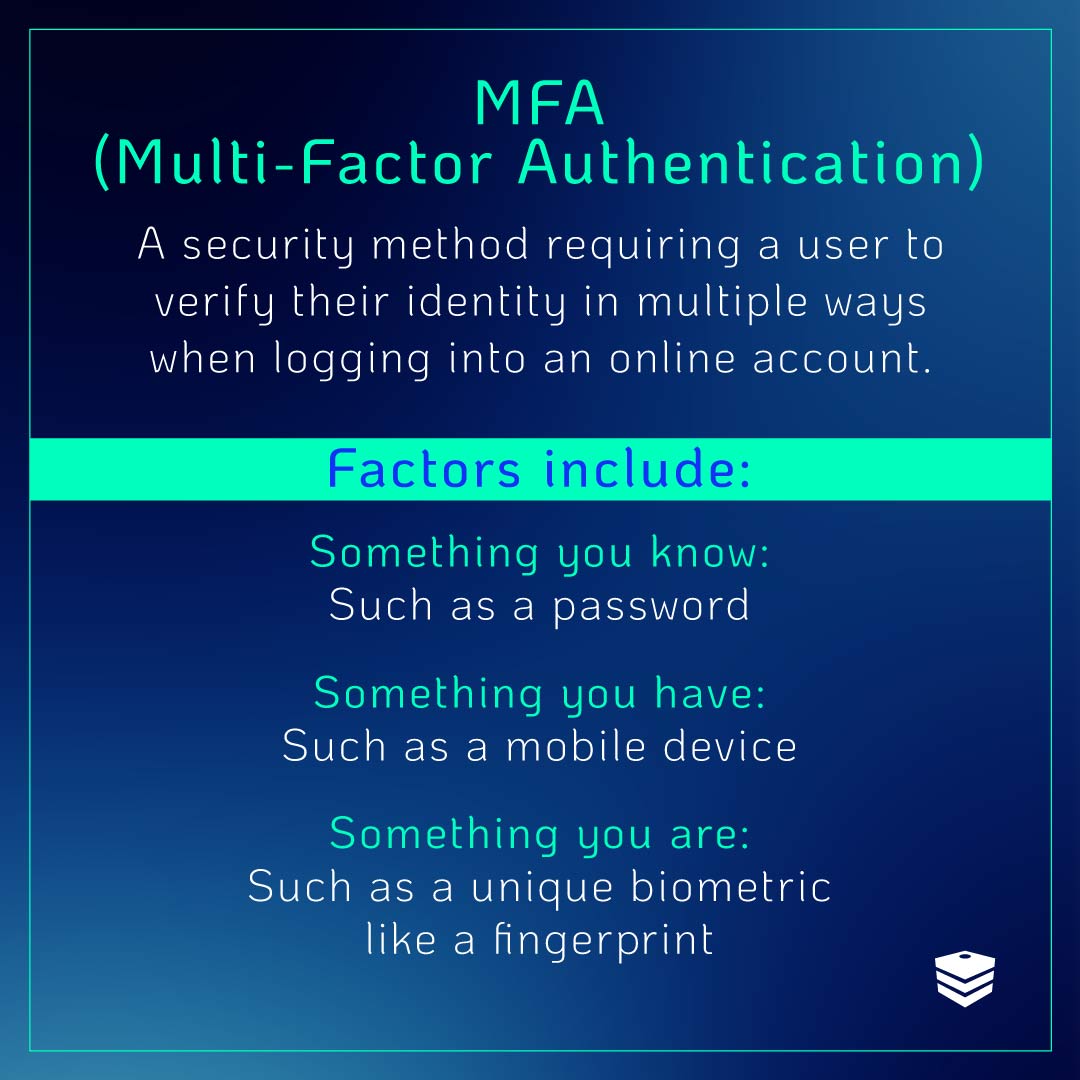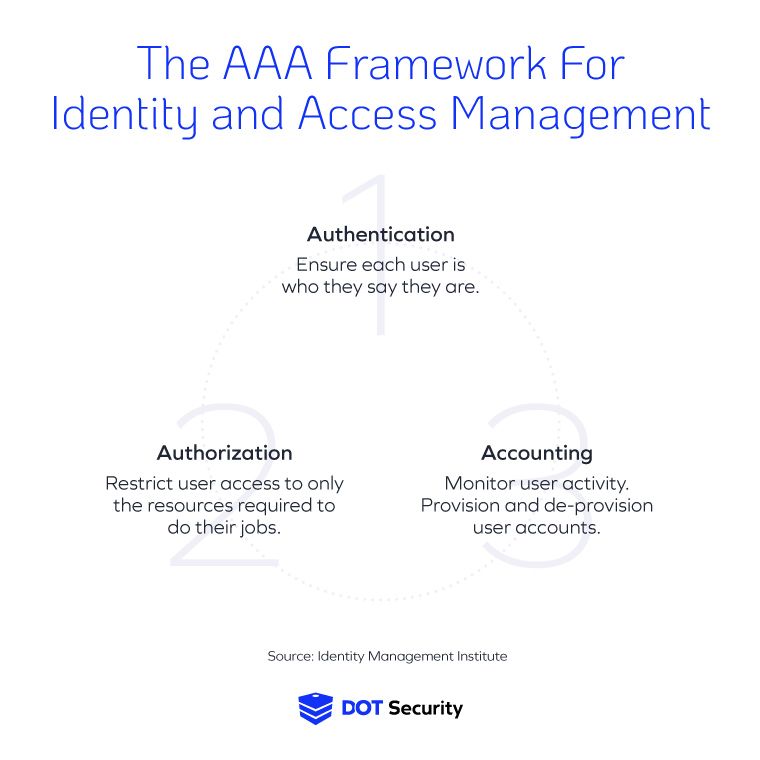Secure Data Protection
7 Must-Have Security Measures for Ecommerce Websites
November 12, 2024
6 minute read

59% of consumers say that they’d be less likely to purchase from companies that have experienced a data breach and 2.71 billion people shop online worldwide. In the generation of online shopping, ecommerce cybersecurity has never been more important in winning and retaining the trust of your audience.
Customers trust businesses to securely use and store their confidential information every single time, no matter if they’re shopping in person or online.
Sign up for our newsletter!
In addition to consumer trust levels, data and privacy laws require ecommerce businesses to protect customers’ personal identifiable information (PII), which includes:
- Names
- Addresses
- Social Security numbers
- Contact information
For ecommerce sites that need to take people’s payment information, there is a subset of PII that includes financial information. In addition to the PII examples above, protected financial information includes:
- Credit card numbers
- Bank account numbers
- PINs
To protect all this sensitive customer data from unauthorized access or theft and ensure your ecommerce business’ reputation remains intact, implementing and maintaining cybersecurity precautions is a necessity.
Subscribe to the DOT blog for everything cybersecurity from the latest headlines, to the biggest policy updates, and the newest technology on the market.
Why Do Ecommerce Websites Need Cybersecurity?
Cybersecurity has become a must-have for all organizations, and ecommerce sites are no exception. Without basic network security measures, extremely sensitive customer information can accidentally be exposed to cybercriminals like black hat hackers.
For example, without strong password policies or multi-factor authentication protocols, accounts can be hijacked by malicious actors. On top of that, other attacks like phishing leverage social engineering and prey on human nature or make use of malware like ransomware.
The digitization of business has introduced new challenges for companies who want to expand into online marketplaces, including an expanded attack surface and greater amounts of digital information that can be stolen.
With effective cybersecurity strategies and protocols in place, however, you can secure your ecommerce site and win the trust of your customers.
Common Security Measures for eCommerce Websites
There are many different things a company can do to improve cybersecurity on an ecommerce website.
Here’s seven of the most common and effective solutions:
1. Make Sure Your Website is PCI Compliant
Payment Card Industry (PCI) compliance was established by the Payment Card Industry Security Standards Council to improve protections in place for cardholder data, especially when dealing in ecommerce.
Being compliant is a necessary step to provide safety and security to customers by implementing PCI compliance requirements, which are:
- Maintaining a firewall configuration
- Using strong passwords
- Protecting stored data
- Encrypting transmission of cardholder data and sensitive information
- Regularly updating antivirus software
- Maintaining secure systems and applications
- Restricting access to data to “need-to-know" personnel
- Assigning each user a unique ID
- Restricting physical access to cardholder data
- Monitoring all access to network resources and data
- Testing security systems regularly
- Maintaining a strong internal information security policy
2. Obtain an SSL Certificate
Obtaining an SSL certificate is essential for securing any ecommerce website. An SSL (Secure Sockets Layer) certificate encrypts the data exchanged between the website and its visitors, protecting sensitive information such as credit card numbers, passwords, and personal details from interception by malicious actors.
When a customer enters their details on an SSL-enabled site, this encryption process scrambles the information into a code that only authorized parties can read, making it significantly harder for hackers to access or misuse it.
This layer of protection helps prevent common cyber threats, like man-in-the-middle attacks, where attackers attempt to intercept and tamper with data.
Beyond technical security, an SSL certificate is a key trust signal for customers. Websites secured with SSL display a padlock icon in the address bar, along with the “https” prefix, signaling to users that the website takes their privacy and security seriously.
This visible marker can reduce the hesitation that shoppers may feel when entering their payment information, especially in an era when data breaches and online fraud are top of mind.
By investing in SSL, ecommerce sites not only comply with industry standards but also enhance their reputation and credibility—critical factors that can ultimately increase conversions and customer loyalty.
3. Use Secure Payment Processing Software
The payment and checkout process of an ecommerce website is crucial because you’re being entrusted with your customer’s very sensitive financial and personal information.
To protect your customers’ data and your brand, you need to choose a secure payment processing software that’s up to date and has its own security measures in place like fraud protection, multi-factor authentication, and more.

4. Next-Gen Antivirus
In the same vein as a secure payment processing software, you need to make sure your network is protected by the latest and strongest next-gen antivirus.
Strong antivirus software can use AI to detect, remove, and prevent malware and other threats from compromising your network, without waiting for the software development company to find those threats and release a patch for them.
5. Perform a Penetration Test
If you’re worried your network might be weakly secured or even have gaping vulnerabilities, you can enlist the help of a white-hat hacker. Accompanied by a team of additional cybersecurity analysts and experts, they will attempt to hack into your network to find its weaknesses before a bad actor does.
This practice helps uncover your business’ weaknesses so, with the help of an experienced vCISO, you can figure out how to patch them.
The services of white-hat hackers can be attained through managed security service providers (MSSPs) like DOT Security.
6. Monitor for Suspicious Activity
Monitoring for suspicious activity is a proactive way to keep an ecommerce website secure by identifying and responding to potential threats before they cause harm.
The network monitoring process involves tracking user behavior, login attempts, transaction patterns, and other key indicators that might signal malicious activity, such as multiple failed login attempts, unusual account access times, or large purchases from unknown IP addresses.
By continuously observing these metrics, businesses can quickly detect if an attacker is trying to break into the system, inject malicious code, or exploit vulnerabilities. Early detection allows administrators to step in and prevent attacks before customer data is compromised or the website’s functionality is disrupted.
Monitoring also builds a safer experience for legitimate users by reducing the chance of ecommerce fraud, account hijacking, or unauthorized data access. Many monitoring tools now use machine learning and behavioral analytics to establish normal user behavior patterns, making it easier to flag outliers and respond in real-time.
For instance, if an account suddenly logs in from a distant country or initiates a series of high-value transactions, these anomalies can trigger alerts. This combination of constant vigilance and rapid response protects the site’s integrity while also strengthening customer trust even further.
7. Use Strong Passwords, Multi-Factor Authentication, and Access Management
Make sure everyone within your organization is using strong passwords for internal accounts that are used to access the network.
Consider using access keys or identity and access management protocols to ensure only the right people should access to your accounts and date.

Strong passwords use also goes for your customers. Encourage them to use complex and long passwords or passphrases when opening accounts with you by establishing secure password creation guidelines.
By implementing multi-factor authentication (MFA) via email, text, or phone call, you can add an extra layer to your defenses.
How Can a Managed Security Services Provider Help with Ecommerce Security?
Partnering with an experienced managed security services provider (MSSP), like DOT Security, gives you many advantages in the fight against hackers and malware.
Namely, you get access to a complete team of experts who are always ready to support your business and who can help you identify the best software and strategy to ensure your business’ digital storefront is protected.
It starts with a risk audit where our team works through your system to identify vulnerabilities. We then build a custom strategy that protects them now and in the future. With employee training, updated software, and a constantly updating cybersecurity strategy your business can adapt to changing threats and meet compliance requirements.
Wrapping Up on Ecommerce Cybersecurity
There’s no putting the cat back in the bag when it comes to online shopping, but companies can take it upon themselves to ensure that ecommerce sites are secured so that both company data and consumer information are well protected and kept private.
From simple tactics like obtaining an SSL certificate, to more involved cybersecurity measures like network monitoring, there are a myriad of modern tools and solutions available to help business owners fortify their network and protect consumers.
Stay up to date on everything cybersecurity by subscribing to the DOT Security blog, bringing you the biggest monthly headlines, the newest tech, and the latest thought-leadership in the industry.
